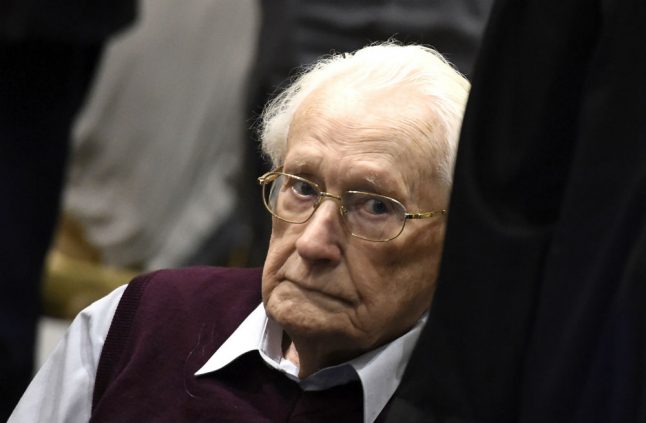The uprising, believed to involve around 60 prisoners, kicked off at around midday at a detention centre in the town of Blois in the Loir-et-Cher of central France.
According to reports in the French press, the prisoners began ransacking an area of the jail after a fellow inmate was found dead in his cell early the morning.
A doctor diagnosed the cause of death as an aneurysm, but prisoners believed there was a more sinister reason.
Authorities drafted in specialist riot officers to deal with the disturbance and by mid -afternoon reported that the mutiny was over.
"The inmates are going to be put back in their cells. Checks and inspections are continuing," said David Daems, National Secretary of FO Penitentiary.



 Please whitelist us to continue reading.
Please whitelist us to continue reading.
Member comments